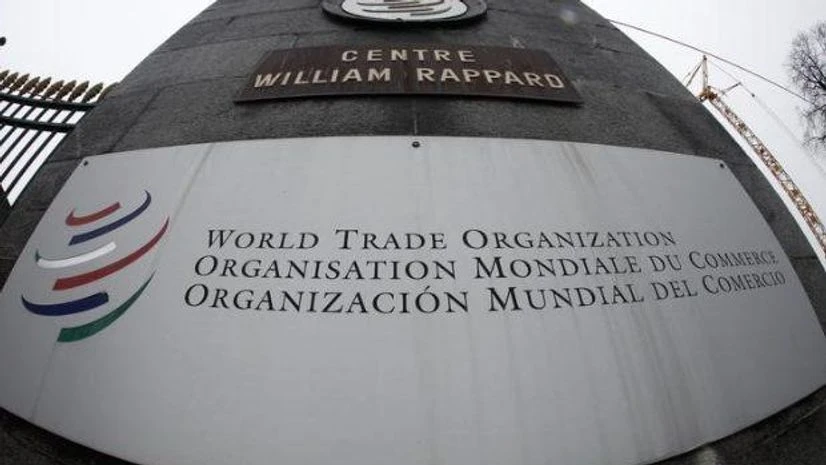The 46-member grouping of the Least Developed Countries has said it supports a request made by India and South Africa to the WTO to temporarily suspend intellectual property rights for the COVID-19 vaccines to increase their access in these countries.
India, which has been at the forefront of the global fight against COVID-19, told the UN General Assembly last month that vaccine inequity will defeat the collective global resolve to contain the coronavirus as the disparity in the accessibility of vaccines will affect the poorest nations the most.
India and South Africa have called for the World Trade Organisation to suspend intellectual property rights related to COVID-19 for a limited period of time, to ensure rapid scaling-up of manufacturing of vaccines and ensuring accessibility and affordability of vaccines for all.
"We are grateful to the World Health Organisation for its leadership in fighting the COVID-19 Pandemic. We call for vaccine access, adequate and predictable funding for the COVAX Facility, to ensure that COVID-19 vaccines go beyond the current provision of 20 percent, Malawi President and Chairperson of the Least Developed Countries (LDC) Lazarus McCarthy Chakwera said during the 6th Financing For Development Forum on Monday.
He stressed that the LDCs "supports a request made by India and South Africa to the WTO to temporarily suspend the application of Trade-Related Aspects of Intellectual Property Rights (TRIPS), in order to increase access to COVID-19 vaccines in our countries.
Also Read
The LDCs are a group of countries that have been classified by the UN as the "least developed" in terms of their low gross national income (GNI), their weak human assets, and their high degree of economic vulnerability.
According to the UN, LDCs are more at risk than other nations of sliding deeper into poverty and remaining in a situation of underdevelopment. More than 75 percent of the population of LDCs still live in poverty.
Last week, the head of the UN children's agency also called for simplifying intellectual property rights for manufacturing COVID-19 vaccines, cautioning that at the current rate, there is "simply not enough vaccine supply to meet the demand.
In order to get ahead of the virus, and to shift gears, we must build on a strategy of vaccinating frontline workers but drive towards a strategy that truly enables equitable access for all, UNICEF Executive Director Henrietta Fore said in a statement.
She urged governments, businesses and partners to take three urgent actions, including primarily to simplify Intellectual Property Rights (IPR) through voluntary and proactive licensing by IPR holders.
But this alone won't increase production, she said, adding that unlike drug manufacture, vaccine production involves a complex manufacturing process with multiple components and steps.
IPR holders would need to provide technology partnerships to accompany IP licenses, proactively share know-how and sub-contract to manufacturers without undue geographic or volume restrictions, Fore said.
The Joe Biden administration is deeply focused on the issue of expanding global vaccine manufacturing and delivery, a State Department official had said.
The official, however, refrained from indicating the position of the US on the request by several countries led by India and South Africa for intellectual property waiver of COVID-19 vaccines before the WTO.
India was one of the initiators of the Political Declaration on Equitable Global Access to COVID-19 Vaccines' that garnered the support of more than 180 UN member states.
India, a significant source of supply to Gavi's COVAX facility, contributed 20 million doses to the facility in February.
India had also announced a gift of 200,000 COVID-19 vaccine doses for UN peacekeepers.
(Only the headline and picture of this report may have been reworked by the Business Standard staff; the rest of the content is auto-generated from a syndicated feed.)

)
